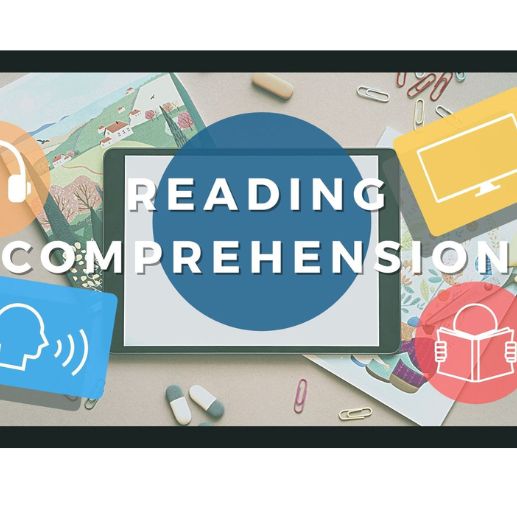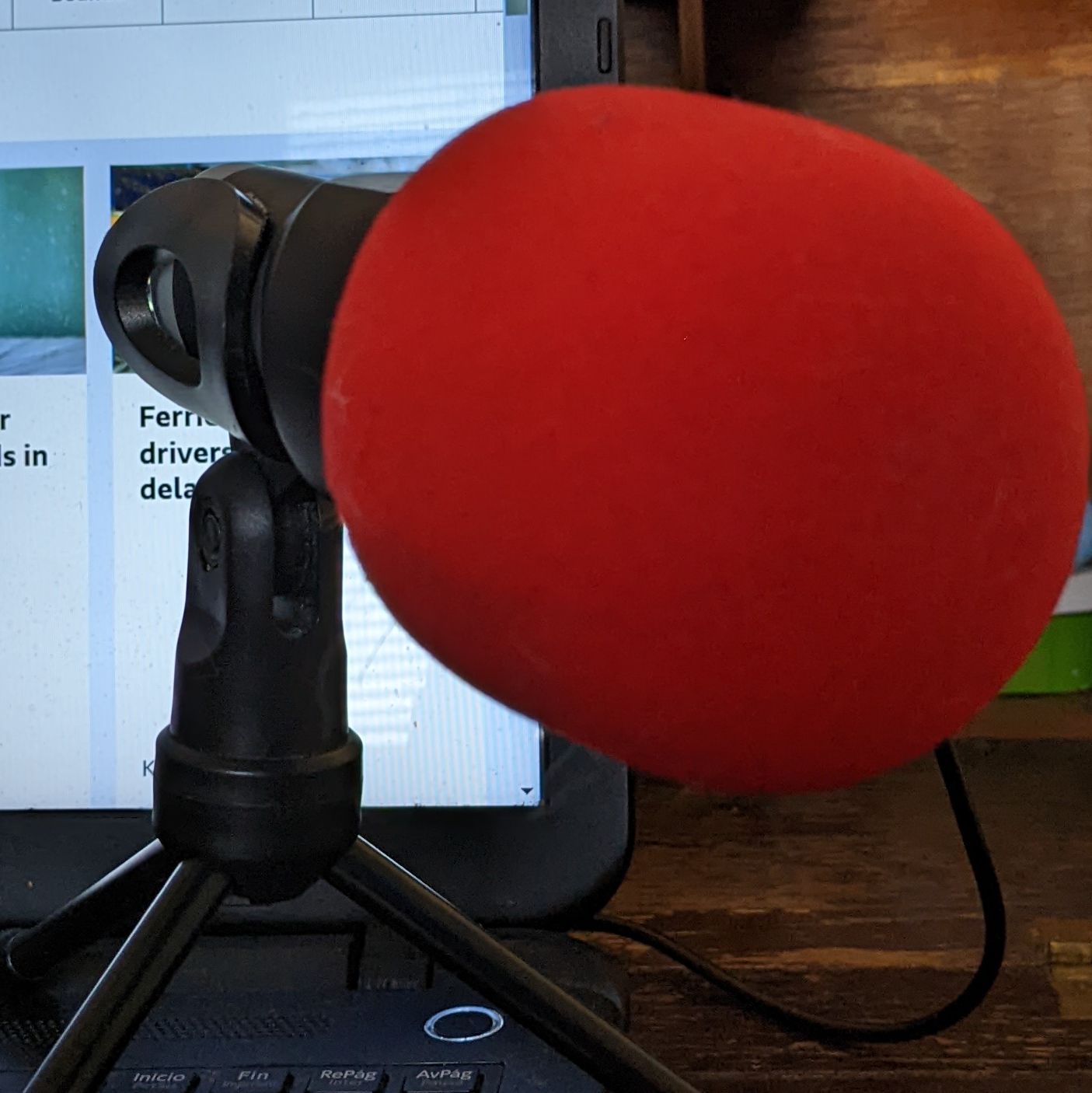
'Night Owls' May Have Better Brains
Descripción
There's an old English saying that goes: "Early to bed and early to rise, makes a man healthy, wealthy and wise."
But according to a recent study, "late to bed and late to rise" may actually be better for your brain — though researchers didn't check if it does anything for your health or your wallet.
A study published in BMJ Public Health looked at data from nearly 27,000 people who reported how long they slept, and whether they were a "morning lark" — someone who wakes up early — or a "night owl," who sleeps late.
The participants, aged between 53 and 86, also did cognitive tests that checked their reasoning, memory, and how quickly they could process information.
It was found that night owls performed best on the cognitive tests — ahead of those who described themselves as neither morning people nor night people. And morning larks had the lowest cognitive scores of all.
People's bodies have times when they naturally prefer to sleep. And Raha West of Imperial College London, the study's lead author, said that while it's possible to gradually shift your sleeping times, it's very difficult to completely change from a morning person to a night person.
However, she also said the results just show the trend, and not the truth for every individual.
The authors also noted that their results, which focused on older adults, contrasted with past research on adolescents, which found that young morning larks actually had better health and better mental well-being.
Speaking to The Guardian, Jacqui-Ann Hanley of Alzheimer’s Research UK, who wasn't involved with the study, also said it isn't clear if being a morning person leads to poorer cognitive results in older adults, or if the weaker cognitive abilities that come with aging just make people get up earlier.
The study also found that people generally got better cognitive scores if they reported sleeping between seven and nine hours each night.
Canal de podcast
Practice Listening, Reading & Comprehension
Autor
Todos los episodios

Nguồn gốc của cái tên Cao lầu - một món ăn đặc sản tại Hội An, Việt Nam

Keeping Up with the Jones

The Swahili Alphabet

Lesson 1 text 2

第十一课 lesson 11

Let's Explore The Little Prince: Chapter 5

El Café en Colombia: historias y experiencias de caficultoras y caficultores.

Adjectives and Idioms about Cold Weather (with transcript)
Episodios populares

Trinh Vo
Nguồn gốc của cái tên Cao lầu - một món ăn đặc sản tại Hội An, Việt Nam

Random Thoughts
Keeping Up with the Jones

Swahili With Shaz
The Swahili Alphabet

HSK Standard Course Level 2 Audio of the textbook
Lesson 1 text 2

零基础汉语---zero basic Chinese
第十一课 lesson 11

Book Club: The Little Prince
Let's Explore The Little Prince: Chapter 5

Voces Difusora
El Café en Colombia: historias y experiencias de caficultoras y caficultores.

Teacher Joseph's Podcast
Adjectives and Idioms about Cold Weather (with transcript)